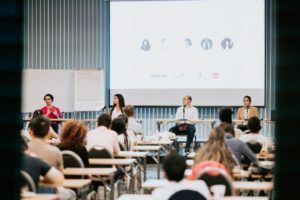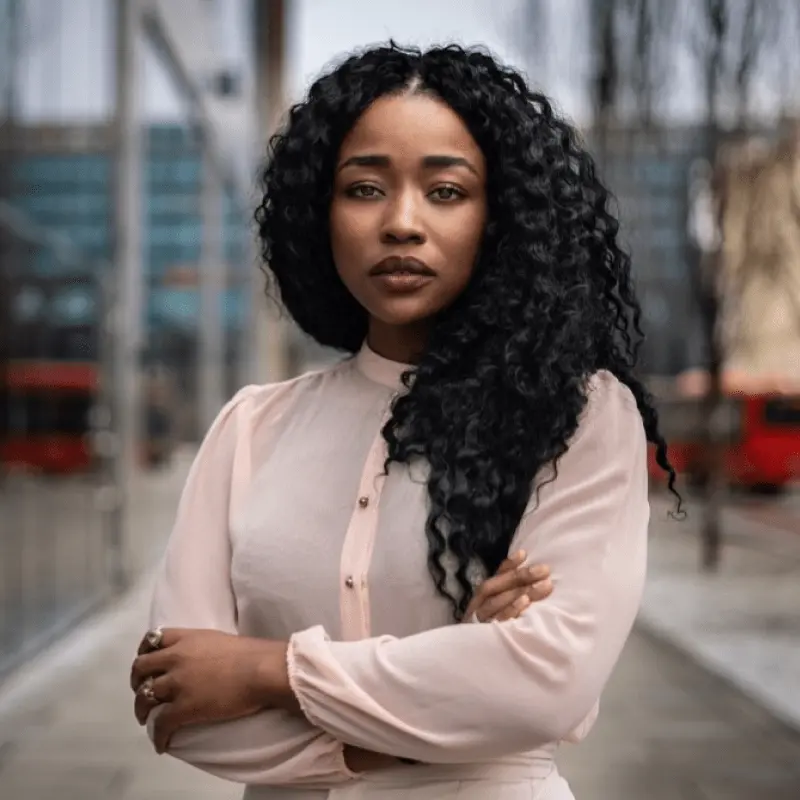Some time ago, while exploring my possibilities of taking a paid language course for the Summer, because I am here on a working resident permit that does not qualify me for the free Norwegian courses, the attendant at the language school, clarified that there were no courses that I could currently join, as everyone was closing up for the Summer. Fair enough. This makes sense. And without having been invited to speak, she further stated that usually Norwegian Spouses, Expats, Immigrants, Refugees, and “people like me” usually inquired about their courses.
As a person of color (POC), that sentence struck me “people like me”. Who are people like me? She hadn’t even taken the time to inquire about my particular situation, yet she felt it within her vast ignorance and knowledge to quantify me into a group of “people like me”. With some gentle irritation and sass, I let her know that people like me were in Norway as highly educated tax paying skilled workers — that often travelled internationally for work, and as such, any language course I’d take would have to adapt to my schedule.
All the while this interaction went on, my partner, a well-meaning White person, observed. When we left the building, I could not hide my irritation and as such, mimicked “people like me.” My partner proceeded to let me know that ‘they’ interpreted it differently and had instead assumed she meant people who needed language hours and as such, did not find anything wrong with her quantifying me under “people like me”. Of course, my partner would interpret it differently, in ‘their’ world of whiteness and annoying yet blissful ignorance, that I, on some occasions, envy. How calming and reassuring it must be to live in a world where everything worked in your favor!
And yes of course, she might have meant “people who needed language courses” like my partner assumed, but that was not what she said. What she said made me feel uncomfortable and boxed into a predefined idea of who she assumed I was. What made me feel even worse was that my partner could only naturally view it from ‘their’ lens, and consequently became defensive of a complete stranger. This made me feel even more alone and unable to discuss or articulate my feelings without getting upset. Thereafter, I called a friend, another POC, who not only listened and immediately understood my experience and the negative feelings it incited, but also managed to calm and provide me with a positive outlook.
Lessons learned:
- Unconscious bias, no matter how well-meaning can be hurtful to those on the receiving end.
- Partners of POC must endeavor to “do the work”, sometimes, listening and empathizing is all you need to do to contribute to the mental wellbeing of your ‘foreign’ partner.
- People of color need ‘safe’ spaces without White people.
Written by E.




